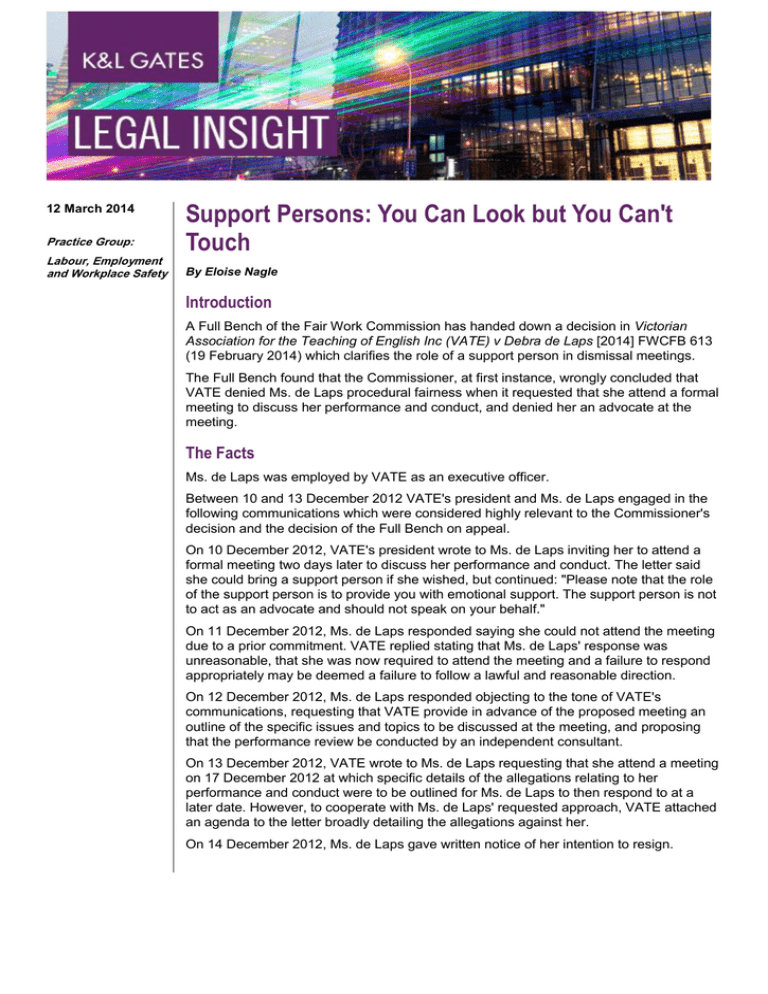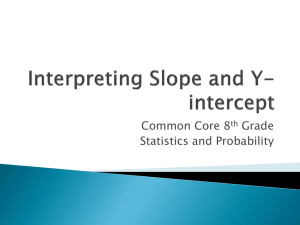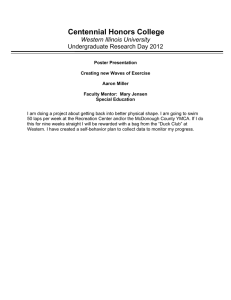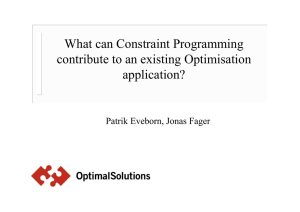
12 March 2014
Practice Group:
Labour, Employment
and Workplace Safety
Support Persons: You Can Look but You Can't
Touch
By Eloise Nagle
Introduction
A Full Bench of the Fair Work Commission has handed down a decision in Victorian
Association for the Teaching of English Inc (VATE) v Debra de Laps [2014] FWCFB 613
(19 February 2014) which clarifies the role of a support person in dismissal meetings.
The Full Bench found that the Commissioner, at first instance, wrongly concluded that
VATE denied Ms. de Laps procedural fairness when it requested that she attend a formal
meeting to discuss her performance and conduct, and denied her an advocate at the
meeting.
The Facts
Ms. de Laps was employed by VATE as an executive officer.
Between 10 and 13 December 2012 VATE's president and Ms. de Laps engaged in the
following communications which were considered highly relevant to the Commissioner's
decision and the decision of the Full Bench on appeal.
On 10 December 2012, VATE's president wrote to Ms. de Laps inviting her to attend a
formal meeting two days later to discuss her performance and conduct. The letter said
she could bring a support person if she wished, but continued: "Please note that the role
of the support person is to provide you with emotional support. The support person is not
to act as an advocate and should not speak on your behalf."
On 11 December 2012, Ms. de Laps responded saying she could not attend the meeting
due to a prior commitment. VATE replied stating that Ms. de Laps' response was
unreasonable, that she was now required to attend the meeting and a failure to respond
appropriately may be deemed a failure to follow a lawful and reasonable direction.
On 12 December 2012, Ms. de Laps responded objecting to the tone of VATE's
communications, requesting that VATE provide in advance of the proposed meeting an
outline of the specific issues and topics to be discussed at the meeting, and proposing
that the performance review be conducted by an independent consultant.
On 13 December 2012, VATE wrote to Ms. de Laps requesting that she attend a meeting
on 17 December 2012 at which specific details of the allegations relating to her
performance and conduct were to be outlined for Ms. de Laps to then respond to at a
later date. However, to cooperate with Ms. de Laps' requested approach, VATE attached
an agenda to the letter broadly detailing the allegations against her.
On 14 December 2012, Ms. de Laps gave written notice of her intention to resign.
Support Persons: You Can Look but You Can't Touch
First Instance Decision
The Commissioner found that Ms. de Laps was dismissed from her employment with
VATE in that while she resigned from her employment, she was forced to do so because
of conduct, or a course of conduct, engaged in by VATE.
The Commissioner concluded that VATE did not accord procedural fairness to Ms. de
Laps in its communications between 10 and 13 December 2012 for the following
reasons:
1. While a list of allegations was given to Ms. de Laps on 13 December 2012, VATE did
not disclose all the material in its possession regarding the allegations against her.
2. Holding the meeting on 17 December 2012 was too tight a timeframe to allow Ms. de
Laps a proper opportunity to respond to the allegations of misconduct.
3. VATE refused to allow Ms. de Laps to have an advocate at the meeting on 17
December 2012.
Decision on Appeal
The Full Bench found that the Commissioner's decision was affected by significant error
and the Commissioner's conclusion regarding procedural fairness was not open to him.
The Full Bench arrived at that view because:
Under the Fair Work Act 2009 (Cth), in considering whether a dismissal was harsh,
unjust or unreasonable, the Fair Work Commission is required to take into account
“any unreasonable refusal by the employer to allow the person to have a support
person present to assist at any discussions relating to dismissal”. Given this
legislative provision and the absence of any other obligation to allow an advocate, the
refusal to allow Ms. de Laps an advocate at the meeting on 17 December 2012 could
not be regarded as constituting an element of procedural unfairness.
The timeframe between 13 December 2012, when Ms. de Laps received the letter
advising her of the meeting, and 17 December 2012, when the meeting was to be
held, could not be regarded as so tight as to constitute an element of procedural
unfairness, notwithstanding the weekend between those dates. Further, Ms. de Laps
conceded in cross examination that the response she gave to the Commission
regarding the allegations in the 13 December letter could have been provided to
VATE at a meeting on 17 December, if it had taken place.
There was nothing procedurally unfair about VATE's failure to provide in advance of
the proposed meeting full details of the allegations that were to be discussed at the
performance meeting on 17 December given Ms. de Laps had a reasonable
timeframe to consider and respond to those allegations, whether at that meeting or at
a later date.
The Full Bench concluded that the conduct, or course of conduct, engaged in by VATE
was not such as to place Ms. de Laps in a position where she was forced to resign.
Significance for Employers
The decision provides some useful guidance about what will be considered 'fair' in a
process of planning disciplinary meetings. In particular, there is now some clarity around
the role of a support person in dismissal meetings.
2
Support Persons: You Can Look but You Can't Touch
As always, however, it is important that employers ensure they comply with the
requirements of the Fair Work Act by allowing employees to have a support person
present at dismissal meetings if requested.
Contact:
Duncan Fletcher
eloise.nagle@klgates.com
+61.8.9216.0950
Author:
Eloise Nagle
eloise.nagle@klgates.com
+61.8.9216.0950
Anchorage Austin Beijing Berlin Boston Brisbane Brussels Charleston Charlotte Chicago Dallas Doha Dubai Fort Worth Frankfurt
Harrisburg Hong Kong Houston London Los Angeles Melbourne Miami Milan Moscow Newark New York Orange County Palo Alto
Paris Perth Pittsburgh Portland Raleigh Research Triangle Park San Diego San Francisco São Paulo Seattle Seoul Shanghai
Singapore Spokane Sydney Taipei Tokyo Warsaw Washington, D.C. Wilmington
K&L Gates practices out of 48 fully integrated offices located in the United States, Asia, Australia, Europe, the Middle East and
South America and represents leading global corporations, growth and middle-market companies, capital markets participants and
entrepreneurs in every major industry group as well as public sector entities, educational institutions, philanthropic organizations
and individuals. For more information about K&L Gates or its locations, practices and registrations, visit www.klgates.com.
This publication is for informational purposes and does not contain or convey legal advice. The information herein should not be used or relied upon
in regard to any particular facts or circumstances without first consulting a lawyer.
©2014 K&L Gates LLP. All Rights Reserved.
3









